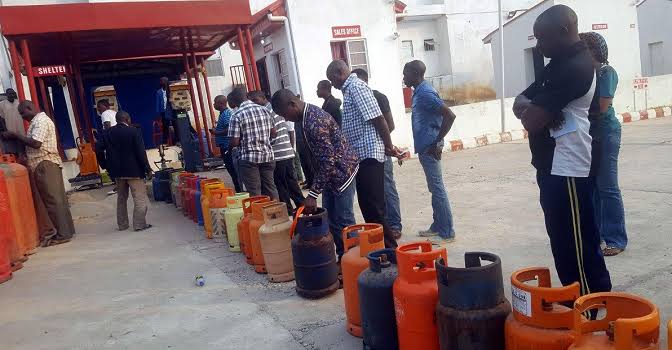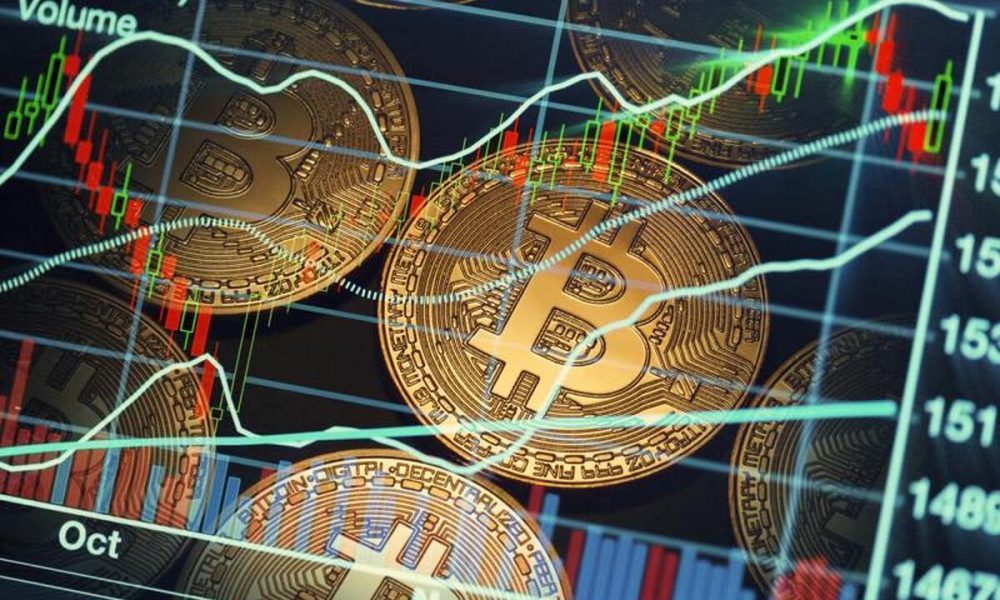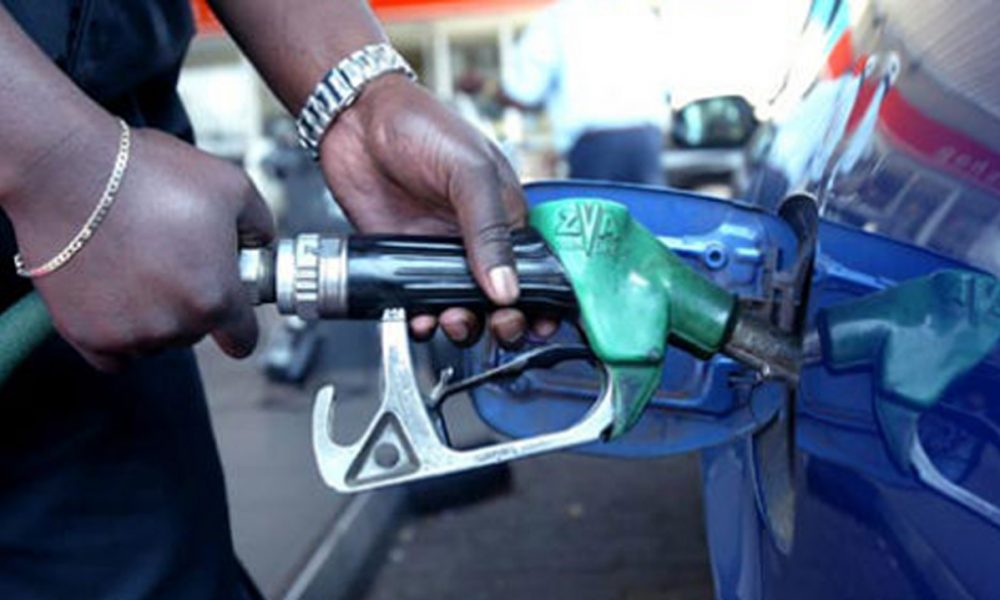Despite the Export Ban, Cooking Gas Prices in Nigeria May Not Substantially Decrease, Experts Warn
The Nigerian government’s ban on Liquefied Petroleum Gas (LPG) exports, effective November 1, 2024, aimed to stabilize prices and increase local availability. However, experts predict that cooking gas prices may not drop significantly due to various economic factors.
Under the ban, domestic producers, including the Nigerian National Petroleum Company Limited (NNPCL), are required to halt LPG exports or import equivalent volumes at cost-reflective prices. The Minister of State for Petroleum Resources (Gas) has also confirmed that a local pricing framework will be established within 90 days, shifting away from international market indices.
However, government officials and regulatory bodies have declined to provide updates on the ban’s status, leaving industry players and consumers uncertain about its impact.
Lanre Bayewu, Executive Secretary of the Nigerian Liquefied and Compressed Gases Association, cautioned that economic challenges, including the impact of a weak naira and dollar-denominated gas prices, will hinder significant price reductions. High production costs, inflation, and inadequate infrastructure also compound the issue.
While the export ban may marginally boost supply, Bayewu emphasized that sustainable price reductions depend on addressing broader systemic challenges, such as energy costs and licensing fees paid in foreign currency. The lack of adequate infrastructure for transportation and blending facilities also contributes to elevated prices.
Nigeria’s LPG market, which has experienced significant growth over the years, has been stagnant recently. According to the National Bureau of Statistics, LPG costs have risen by 80% between January and September 2024, with retail prices for 12.5kg cylinders increasing by 39% over the same period.
In an effort to alleviate hardships, the government exempted LPG from value-added tax earlier this year. Additionally, the Minister of State for Petroleum Resources (Gas) has announced plans to develop domestic blending, storage, and delivery facilities within 12 months to make LPG more accessible.
Industry insiders highlight the importance of political will and consistent implementation to achieve market stability. While the Nigerian Liquefied Natural Gas (NLNG) company has made significant contributions to the domestic LPG market since 2007, other producers are still transitioning their supplies to meet local demand.



